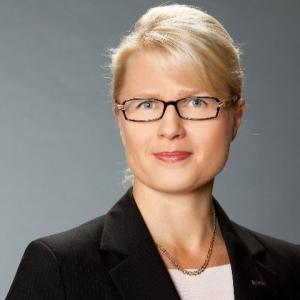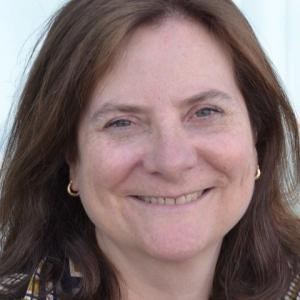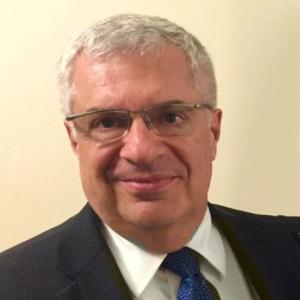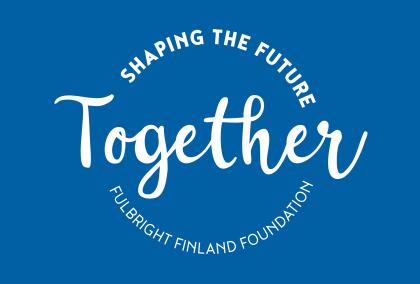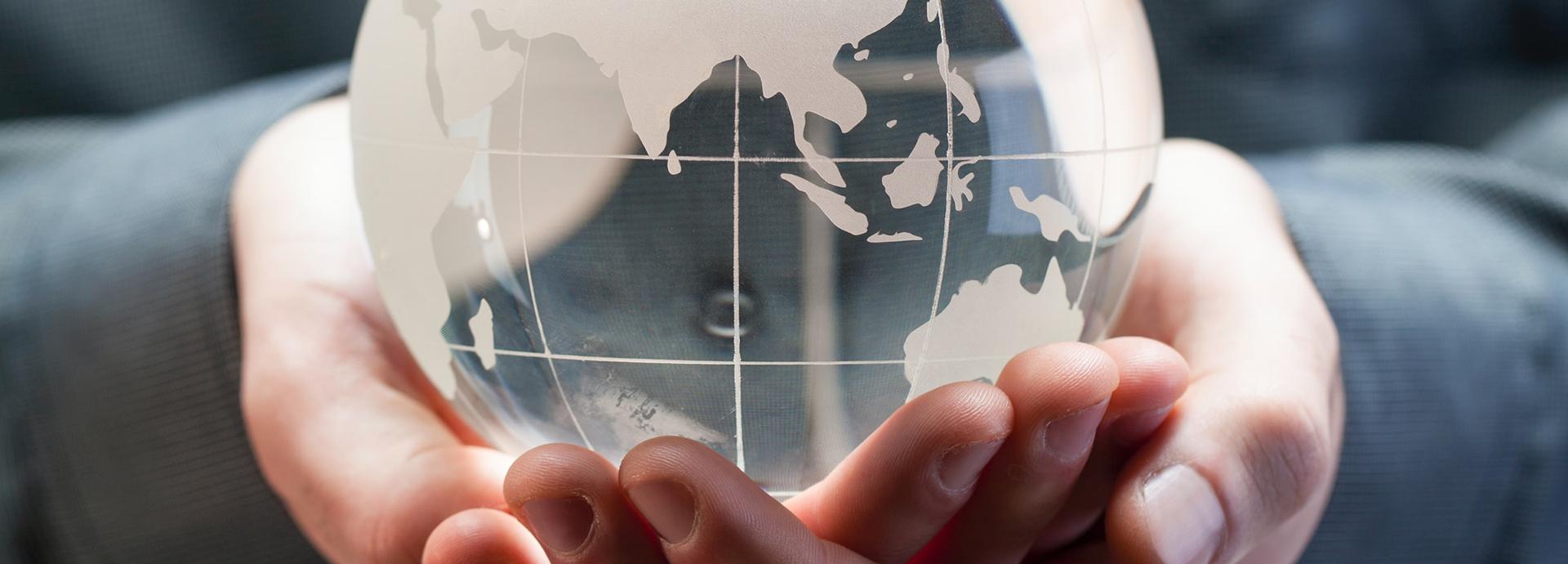

Presenters discussed the critically important, expanding role of science diplomacy, as highlighted through Fulbright Program initiatives. Participants discussed how institutions and international educators can more actively contribute to science diplomacy and use new opportunities to build inclusion and tackle global challenges.
Learning Objectives:
- Understand and embrace the concept of science diplomacy and its importance, impact, and potential.
- Acknowledge that solving global challenges requires the participation of broad and diverse groups of actors and that international educators are in a key position to concretely and significantly help make science diplomacy more inclusive.
- Know key facts about the new and upcoming science diplomacy initiatives in the global Fulbright program that go beyond the traditional scope and understanding of Fulbright exchanges.
- Be inspired to identify and adopt concrete ways in which international educators and institutions can more broadly participate in and engage with exchange initiatives in the area of science diplomacy.
See the session slides.
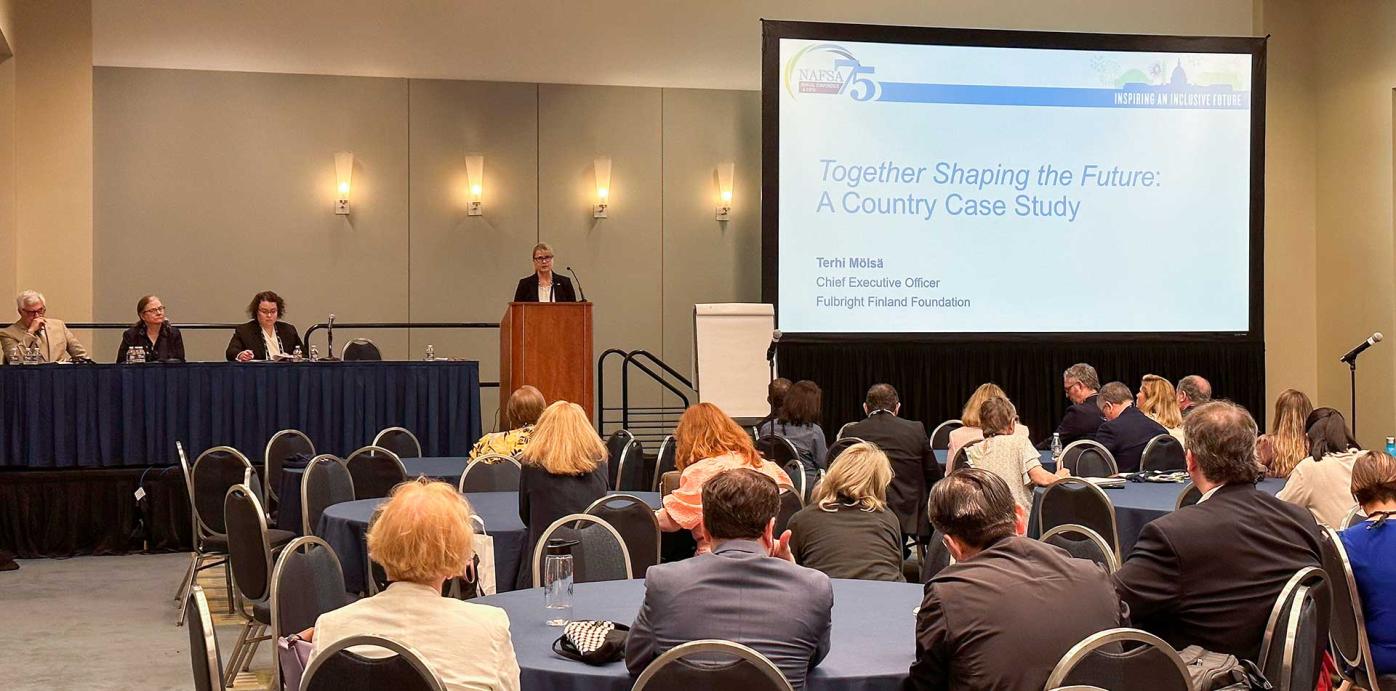
The resources on this page have been selected to help complement the session at NAFSA, allowing the participants to revisit the topic after the conference, deepen their knowledge, and continue the conversation. Ideas and recommendations for future initiatives collected from the audience during the session will also be shared on this page (below).
Science Diplomacy & Knowledge Diplomacy
There is a large number of terms that are being used to describe the relationship between international higher education and exchanges, and international relations. They include, for instance, soft power, people-to-people exchanges, citizen diplomacy, cultural exchanges, cultural diplomacy, science diplomacy, knowledge diplomacy, educational diplomacy or education diplomacy, and public diplomacy, just to name a few. To read more about the terms and concepts, please see, for instance, the following:
- Citizens and Science Diplomacy by Terhi Mölsä (Fulbright Finland News magazine 1/2021)
- Knowledge Diplomacy vs. Soft Power by Dr. Jane Knight (NAFSA International Educator, October 11, 2022)
Fulbright Arctic Initiative & Fulbright Amazonia Initiative
The Fulbright Arctic Initiative and the Fulbright Amazonia Initiative are examples of entirely new types of Fulbright programs. They bring together a cohort of scholars, professionals, and applied researchers from multiple countries to tackle global challenges using a collaborative, multidisciplinary approach.
"Together Shaping the Future"
There are 49 independent binational Fulbright commissions around the world, all different from each other and with a unique profile. The Fulbright Finland Foundation (the binational Finnish-U.S. commission in Helsinki, Finland) has a strategic focus specifically on knowledge diplomacy and science diplomacy. This means that all the Foundation’s Finnish and U.S. grantees, regardless of their age, background, field, or profession, have unique additional opportunities to learn about and engage in inclusive knowledge diplomacy and science diplomacy. To read more about what this means in practice, from the grantees’ own perspective, see for instance the following:
- Foreign Minister Haavisto and Fulbright Scholars Discuss Science Diplomacy by Terhi Mölsä (Fulbright Finland News magazine 2/2022)
- Science Diplomacy & 'Together Shaping the Future' by Dr. Anita Wagner, Harvard Medical School; 2022-23 Fulbright-Tampere University Scholar
What Next? Opportunities for the Future
Science is a powerful force in solving global challenges, transcending the barriers between nations. Given the magnitude of the challenges of our time, however, a much broader engagement in science diplomacy is necessary than is currently the case. The input and participation of established scholars, early career scientists, and students alike, across all disciplines, is critical to help improve the outcomes.
In the spirit of the 75th NAFSA conference's theme "Inspiring an Inclusive Future", the participants brainstormed during the session and shared their ideas and recommendations for current and potential future initiatives in the global Fulbright program that contribute to inclusive science diplomacy and solving global challenges. The ideas, suggestions, and recommendations generated during the session were shared afterwards with the U.S. Department of State and the 49 independent binational Fulbright commissions around the world.
The participant discussions touched upon, among others:
- The “science for diplomacy” dimension of science diplomacy. Science for diplomacy refers to science cooperation improving international relations, or the capacity of science and scientists to create and sustain contacts, collaboration, and confidence-building even in cases where diplomatic relations between countries may be difficult or do not exist. The participants discussed the challenges of maintaining research collaboration when diplomatic relations between countries break down, and the importance of personal relationships between researchers in sustaining the connection.
- The “science in diplomacy” dimension of science diplomacy. Science in diplomacy refers to science advising and informing diplomacy, and science-informed decision-making. The session participants underlined the importance of communicating science to decision-makers and to the public, and recommended designing award programs or initiatives that focus specifically on science communication.
- Comments appreciated and emphasized the session’s inclusive approach to the topic of science diplomacy – including cross-border collaboration by a broad range of actors (from governmental to NGOs, and academia to individual citizens), in all fields from sciences to humanities, to traditional ways of knowing, and the arts.
- Appreciation for the current Fulbright multi-country and interdisciplinary cohort programs, e.g. the Fulbright Arctic Initiative and the Fulbright Amazonia Initiative. The participant comments underlined the importance of securing funding for these special programs, but in a manner that does not affect on the funding of other existing grant programs.
- Recommendations included considering designing programs such as the Fulbright Arctic Initiative or the Fulbright Amazonia Initiative, but focusing on specific challenges “e.g. clean energy development, water scarcity, food security, etc.” One of the recommendations also proposed a program focusing on the Antarctic.
- Multiple recommendations emphasized the importance of engaging the alumni. The importance of incorporating women empowerment was also recommended as “a common strain throughout all Fulbright scholarships.”
Session Panelists
